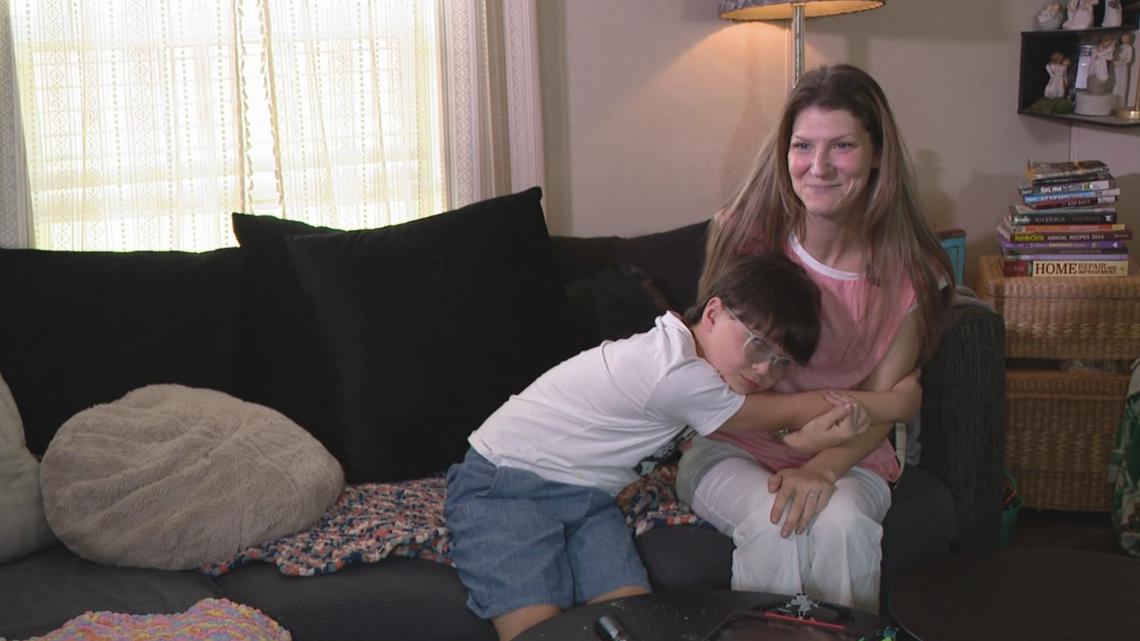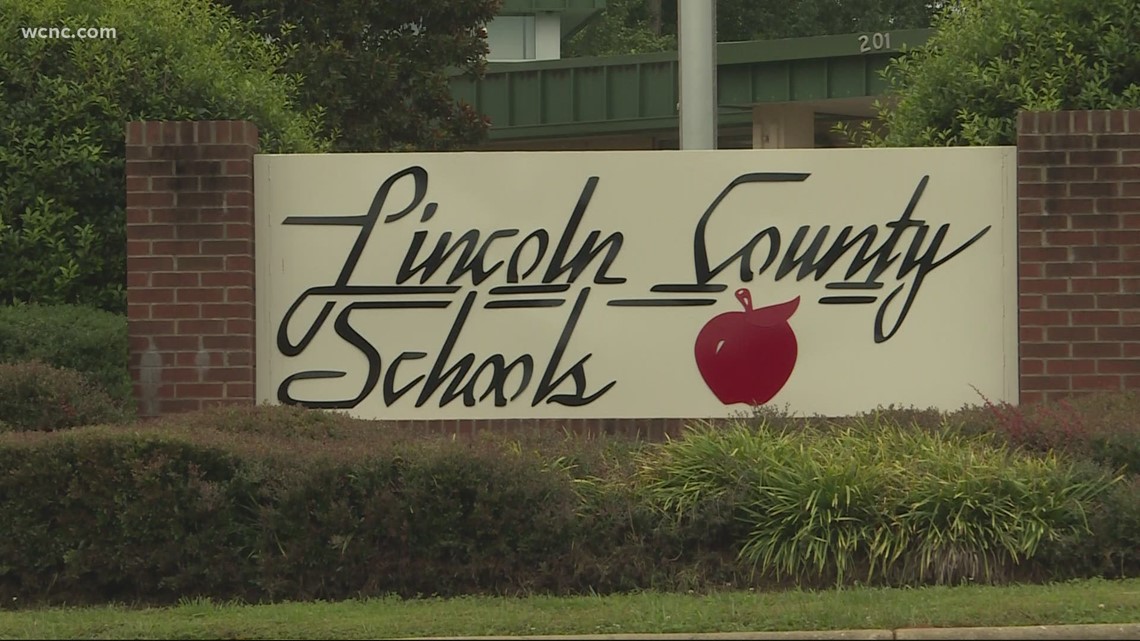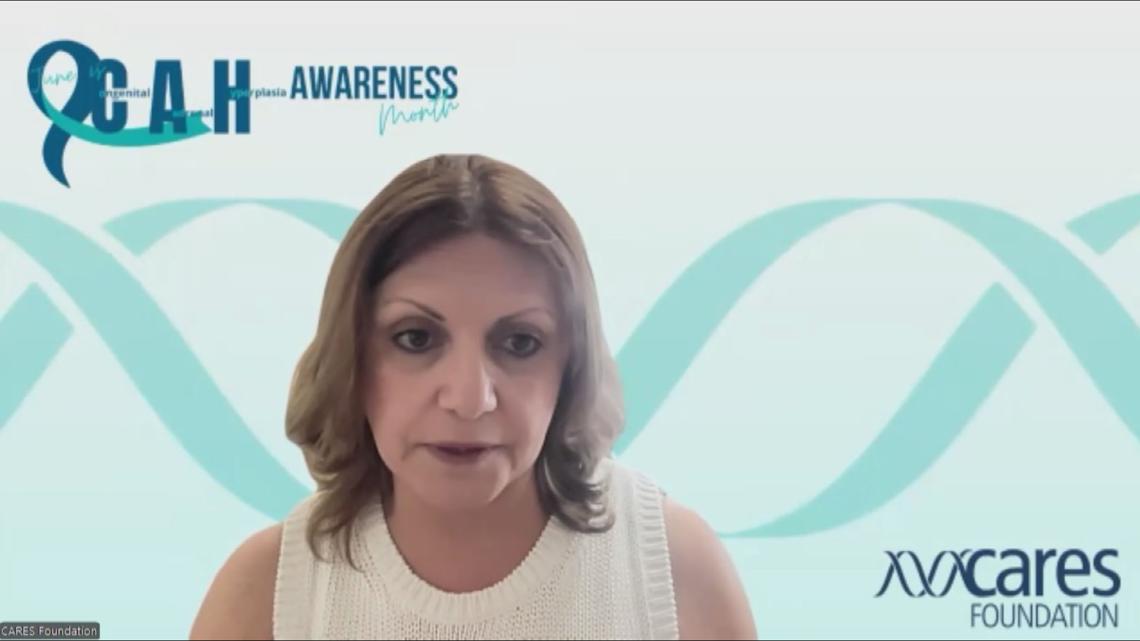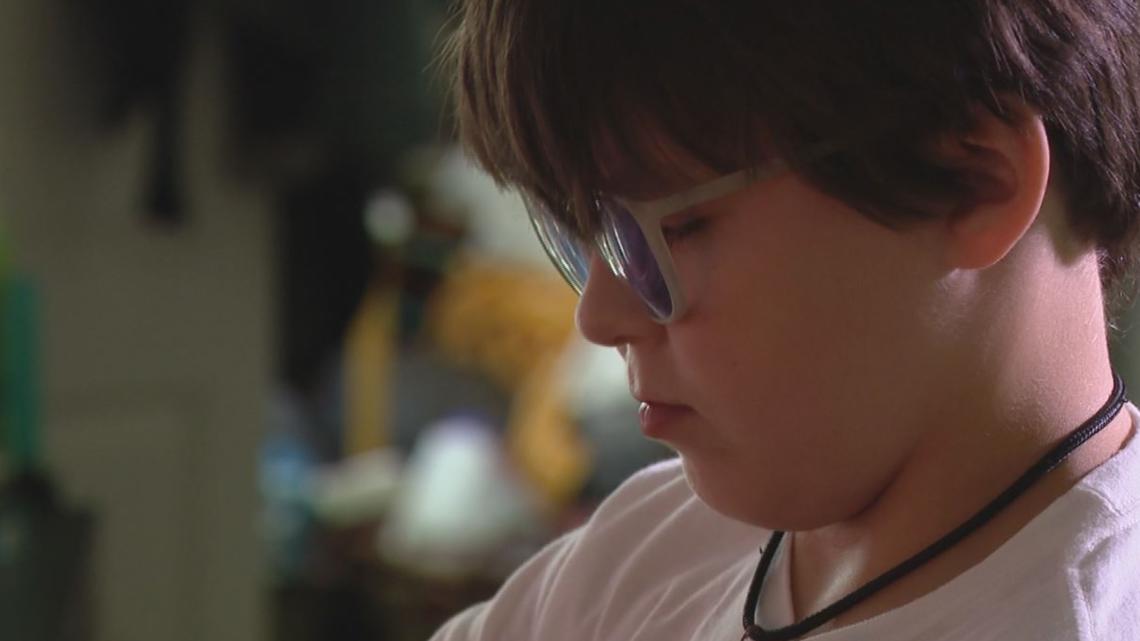Union County schools behind on providing life-saving procedure for students

In response to WCNC Charlotte’s reporting, Union County Public Schools has reached out to two other school districts to learn how they help kids in adrenal crisis.
UNION COUNTY, N.C. — While Union County Public Schools limits who can give a potentially life-saving shot to students in crisis, at least two other districts have trained enough staff to ensure students with a rare genetic disorder are protected at all times when they’re at school.
In response to WCNC Charlotte’s findings, UCPS has reached out to both of those school districts to learn more about how they help kids in adrenal crisis. In the meantime, a national advocacy group has accused the district of discrimination.
About 30 minutes south of Greensboro, Gavin Tenner has exactly what Union County parents want for their kids. The 7-year-old with congenital adrenal hyperplasia has a safety net at his elementary school.
“It’s so relieving to know that he’s taken care of,” Gavin’s mom Natasha Tenner said. “Like, I don’t have anything to worry about.”
If Gavin suffers an adrenal crisis at school, not only can the school nurse give him the necessary injection, his mother said several other staff members are also trained and available to help. The expanded support system is critical, since the school nurse isn’t at the same school every day.


“I’m very, very grateful for Gavin’s school,” Tenner said. “At all times, there’s multiple people there.”
Tenner said the principal, vice principal, grade level teachers, assistants, PE teacher, guidance counselor and specials teachers are all authorized to help in a crisis, in addition to the nurse.
As WCNC Charlotte recently reported, UCPS won’t let anyone other than a school nurse give a Solu-Cortef injection, which means on routine days when nurses are at different schools, there’s no one authorized to help.
UCPS incorrectly told parents state law prevents unlicensed staff from giving that specific shot in a school setting. However, the school system’s attorney said, while the district did not know of other school systems in North Carolina that allow this, if made aware, UCPS would be willing to review their procedures.


WCNC Charlotte discovered Lincoln County Schools also allows its nurses to delegate their authority for kids with CAH.
“Lincoln County Schools currently has four students with medical orders for Solu-Cortef injections to be administered in the event of an adrenal crisis,” Communications and Media Services Director Shanti Clancy said. “In accordance with these orders and state guidelines, our school nurses — as well as select trained staff members at the students’ respective schools — are authorized and trained to administer these injections if needed. We also consulted with Hanna Callazo at the Lincoln County Health Department, who confirmed this approach aligns with current public health and safety practices.”
UCPS’ approach, meanwhile, is discrimination, according to CARES Foundation Executive Director Dina Matos.
The national advocacy group educates the public about CAH.
“That is just a disservice, it’s dangerous and they are discriminating,” Matos said, noting kids with diabetes and allergic reactions get different treatment. “This should not be happening.”
Matos is pushing schools to let unlicensed staff take on the almost no-risk responsibility of giving these necessary injections immediately.


“We have to ensure that no patient is lost, because they’re not doing the right thing,” Matos said. “We need people to take responsibility.”
Matos estimates the most dangerous form of CAH affects about one in 15,000 people.
Tenner’s son Gavin is in that group, as are at least two students and counting within UCPS.
Tenner can’t believe Union County is leaving children in such a risky position.
Something as simple as a broken bone, dehydration or an infection can cause an adrenal crisis. Children who are unconscious or are vomiting have only one hope in crisis: an injection.
“The school being unwilling to just give a child basic care is unreal to me,” Tenner said. “That’s insane. It’s scary.”


In a statement Monday, a UCPS spokesperson said the district is following through on the promise it made to parents.
“Union County Public Schools staff has reached out to Lincoln County Schools and Randolph County Schools to inquire about policies and procedures for delegating Solu-Cortef…” Assistant Communications and Community Relations Superintendent Tahira Stalberte said, in part. “…UCPS staff is committed to providing a safe and healthy learning environment for students. We will continue to consult with other North Carolina school districts and evaluate our procedures.”
Even though UCPS’ attorney previously cited state law as a reason to disallow the practice, the district’s latest statement notes the school system’s nursing leadership team based the decision on its analysis of the North Carolina Board of Nursing Decision Tree for Delegation.
“The health needs of students are reviewed on a case-by-case basis by our school nursing leadership team,” the statement continued. “Again, due to the detailed and intricate injection process for Solu-Cortef, and after careful review of the North Carolina Board of Nursing Decision Tree for Delegation to an Unlicensed Assistive Personnel (UAP), it was determined to not delegate the administration of Solu-Cortef to a UAP.”
Contact Nate Morabito at nmorabito@wcnc.com and follow him on Facebook, X and Instagram.
For the latest breaking news, weather and traffic alerts that impact you from WCNC Charlotte, download the WCNC Charlotte mobile app and enable push notifications.


